Down with carbon!
Is there a way ahead on climate change?


A free daily email with the biggest news stories of the day – and the best features from TheWeek.com
You are now subscribed
Your newsletter sign-up was successful
Since then-White House chief of staff Rahm Emanuel convinced House Democrats to bite down hard and vote for a climate change bill that the Senate could never pass, a legislative effort to induce a carbon payment scheme has been a no-go, even for the party of the president. But in his inauguration, Barack Obama promised that he'd make progress. He feels guilty that he promised to pass legislation in his first term and did not. There are a bunch of things he could do.
The Environmental Protection Agency can regulate carbon dioxide emissions. All the EPA has to do is show that CO2 emissions cause harm. Once duly shown, the EPA can impose limits on emissions. In 2012, the EPA found that CO2 emissions were sufficiently harmful, and it has since been working on a slew of new regulations. They've yet to be released. (The Supreme Court, in 2007, ruled that the EPA would be negligent if it did not regularly subject all sorts of emissions to what's known as an "endangerment" standard.)
Emissions from older coal power plants are particularly ripe. But the economic costs of tightly regulating emissions from coal plants are fairly high. Unilateral action would have been politically difficult in his first term given the state of the economy. Look at where the oil and coal industry's jobs are concentrated.
The Week
Escape your echo chamber. Get the facts behind the news, plus analysis from multiple perspectives.

Sign up for The Week's Free Newsletters
From our morning news briefing to a weekly Good News Newsletter, get the best of The Week delivered directly to your inbox.
From our morning news briefing to a weekly Good News Newsletter, get the best of The Week delivered directly to your inbox.
But now, as Ron Brownstein notes, the economy is getting better. And the energy market in the United States is changing rapidly. Fracking, which has already spurred a Hollywood protest movie, is on the rise. It now accounts for 29 percent of all energy generated inside the United States. Environmentalists don't like fracking because breaking through the ground to release hydrocarbons trapped in shale releases all sorts of bad chemicals into the surrounding environment and steals water from natural springs. It emits methane, a greenhouse gas, in significant quantities.
But the existing science suggests that fracking is orders of magnitude less harmful than CO2 emissions from coal plants. Fracking isn't safe. It has an awful name. But it's a much better near-term alternative than new coal plants. It is a transition fuel; a way-station between oil and coal, on the one side of history, and renewable energy, like water and solar power, on the other.
The Department of Energy says that if cars ran on fuel from natural gas rather than on fuel from oil refineries, CO2 emissions could decline as much as 90 percent. If Obama imposes modest caps on emissions from existing coal plants, the U.S. could see its CO2 emissions levels stabilize at roughly the levels they were before George W. Bush took office.
A rapid transition from coal and refined oil to natural gas is not in the cards; cars need to be made to slurp it and a lot more of it needs to be produced before there is parity. But government-imposed emissions caps on coal plants won't have nearly the economic bite they would have had a decade ago, and doing so would encourage companies to shift future investment.
A free daily email with the biggest news stories of the day – and the best features from TheWeek.com
And though the politics remain tricky, it's not like the natural industry won't have its lobbyists, too, fighting tooth and frack against Big Coal in Congressional districts where jobs are at stake.
Marc Ambinder is TheWeek.com's editor-at-large. He is the author, with D.B. Grady, of The Command and Deep State: Inside the Government Secrecy Industry. Marc is also a contributing editor for The Atlantic and GQ. Formerly, he served as White House correspondent for National Journal, chief political consultant for CBS News, and politics editor at The Atlantic. Marc is a 2001 graduate of Harvard. He is married to Michael Park, a corporate strategy consultant, and lives in Los Angeles.
-
 ‘Those rights don’t exist to protect criminals’
‘Those rights don’t exist to protect criminals’Instant Opinion Opinion, comment and editorials of the day
-
 Key Bangladesh election returns old guard to power
Key Bangladesh election returns old guard to powerSpeed Read The Bangladesh Nationalist Party claimed a decisive victory
-
 Judge blocks Hegseth from punishing Kelly over video
Judge blocks Hegseth from punishing Kelly over videoSpeed Read Defense Secretary Pete Hegseth pushed for the senator to be demoted over a video in which he reminds military officials they should refuse illegal orders
-
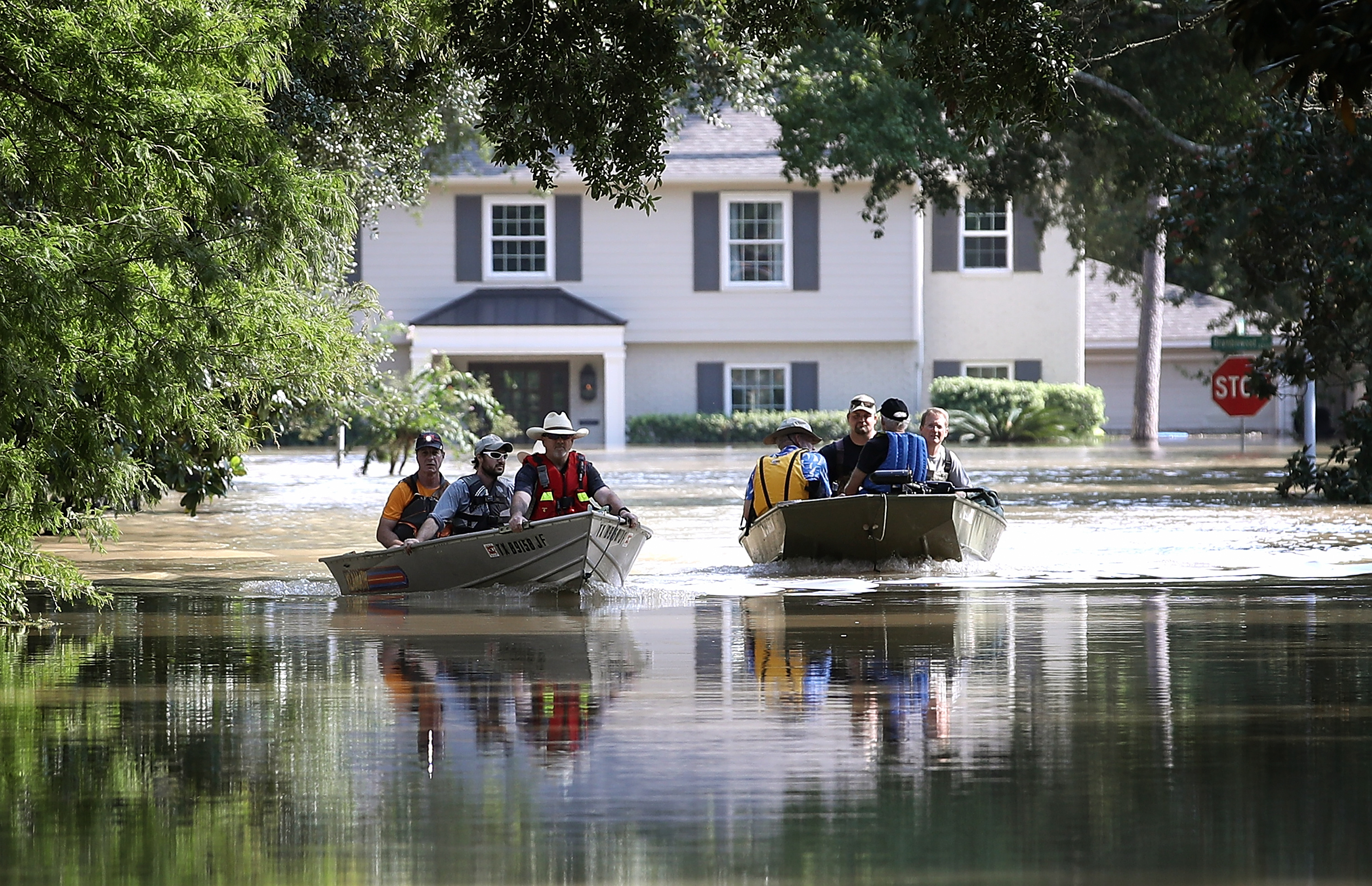 America's flood epidemic
America's flood epidemicThe Explainer Severe flooding is becoming increasingly common in the U.S. — and more destructive
-
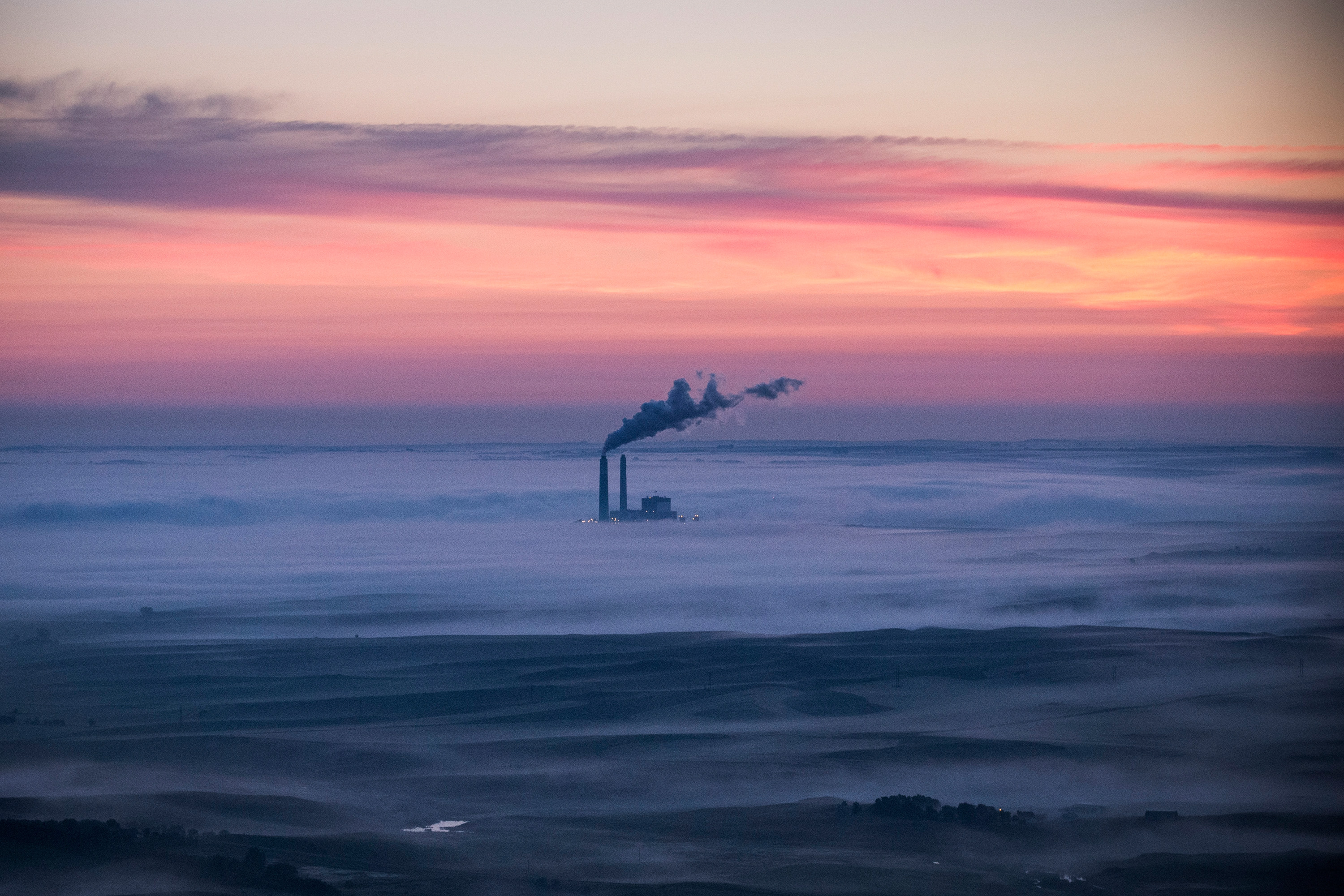 The EPA's changing mission, explained
The EPA's changing mission, explainedThe Explainer After decades of dramatic successes — as well as failures — the Environmental Protection Agency is at a crossroads
-
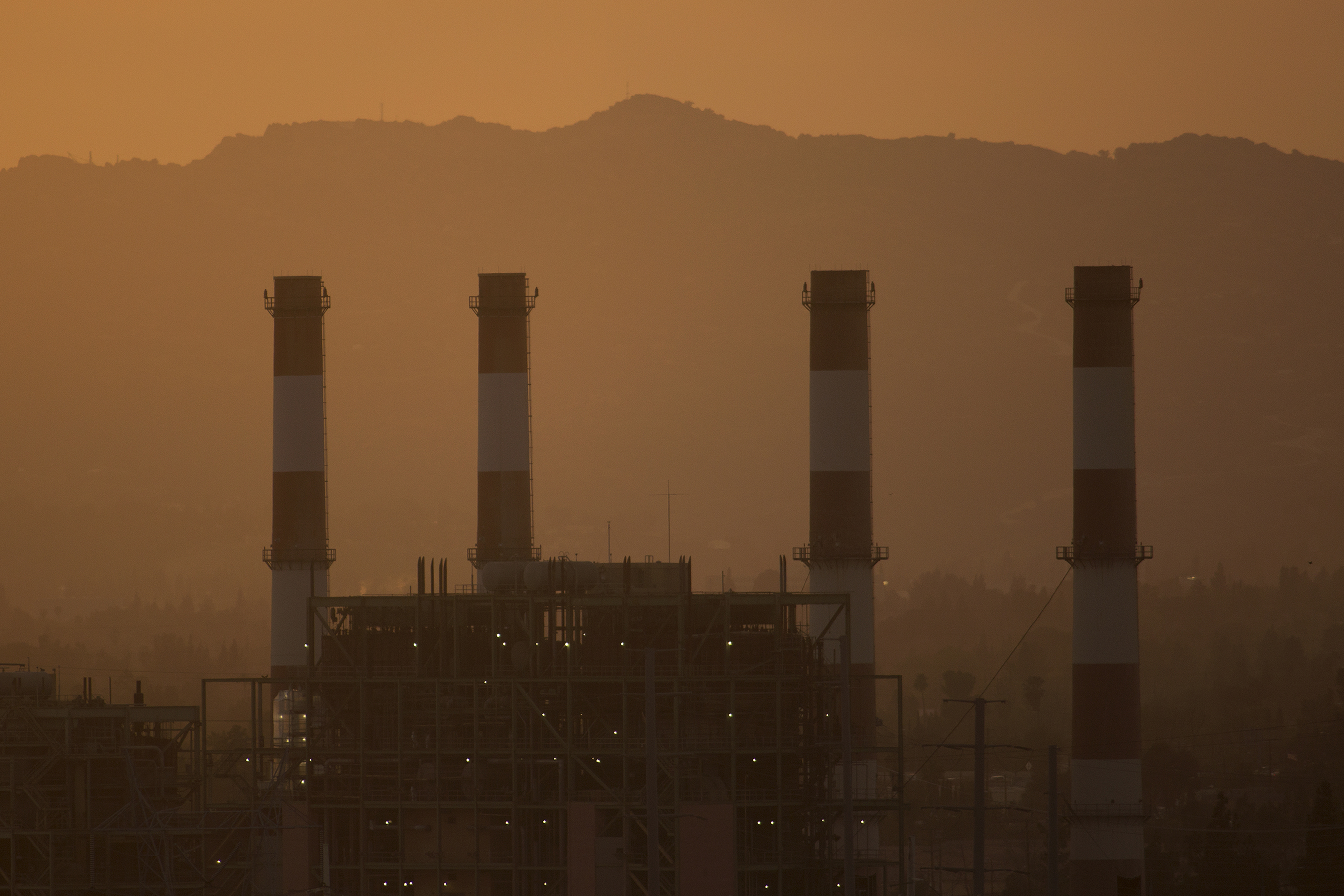 The EPA's changing mission, explained
The EPA's changing mission, explainedThe Explainer After decades of dramatic successes — as well as failures — the Environmental Protection Agency is at a crossroads
-
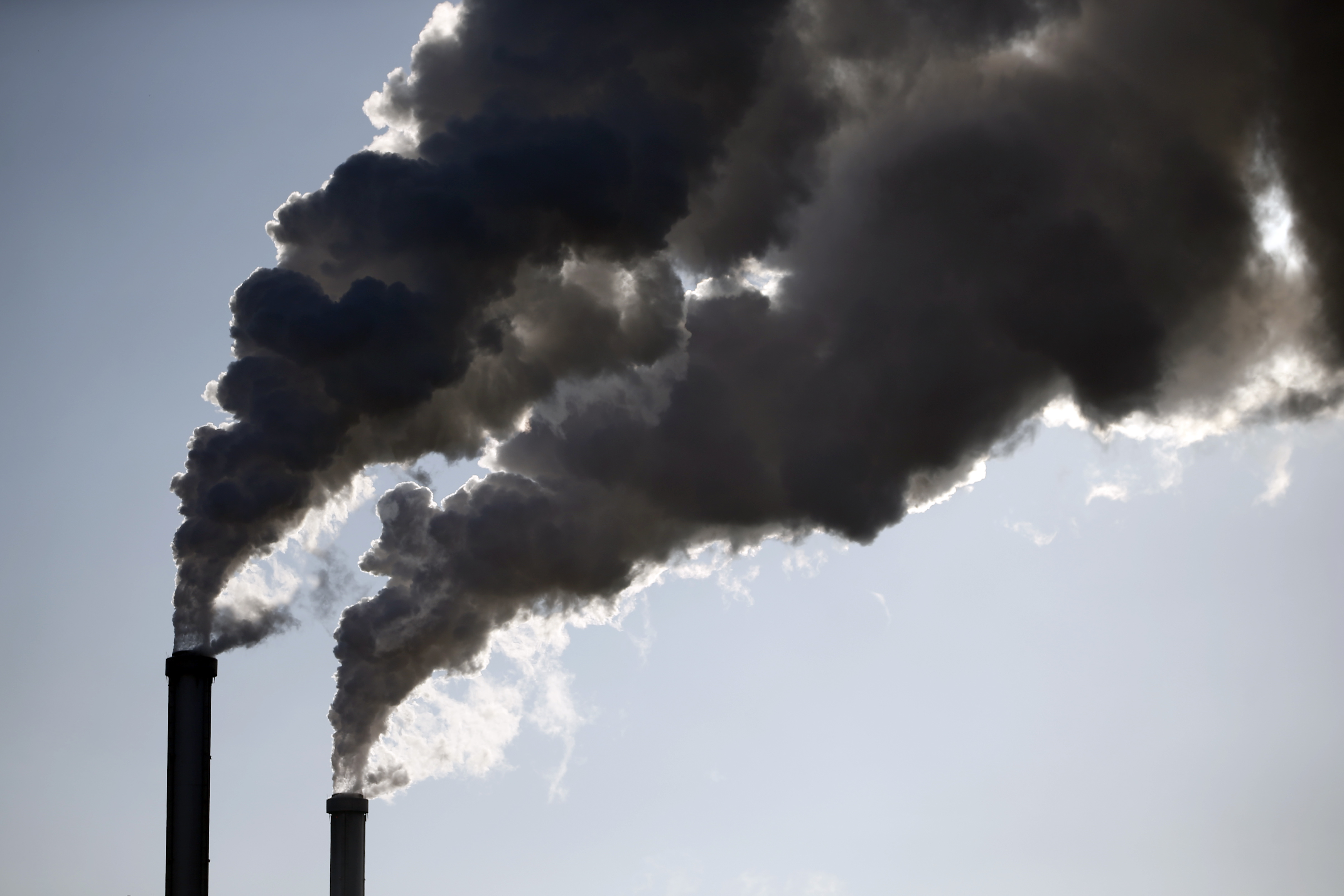 The Paris climate summit: A brief guide
The Paris climate summit: A brief guideThe Explainer More than 190 countries will gather in Paris on Nov. 30 to try to slow climate change. Is it too little, too late?
-
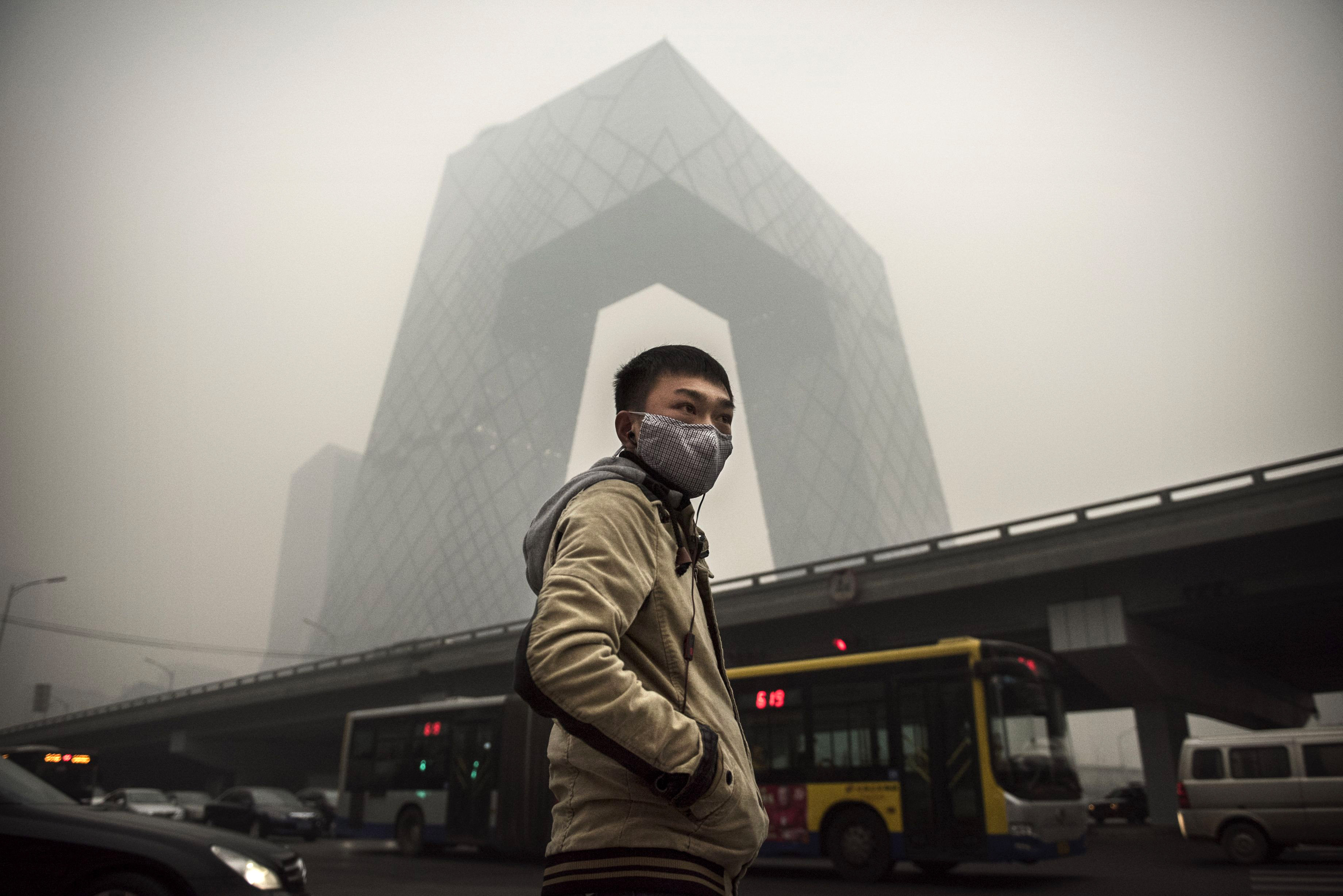 China's green revolution
China's green revolutionThe Explainer The world's worst polluter is worried about climate change, and is now the biggest global investor in green technology
-
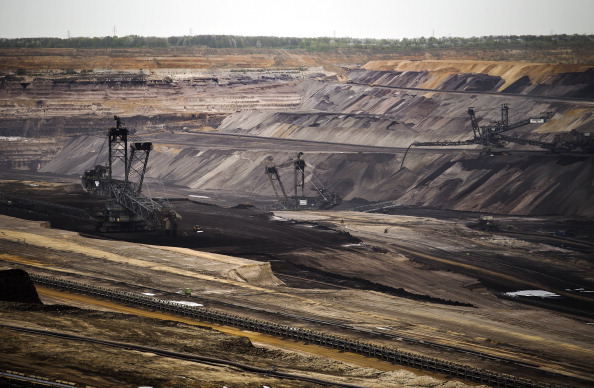 The end of coal?
The end of coal?The Explainer To avoid catastrophic climate change, scientists say, we'll have to abandon the cheapest fossil fuel
-
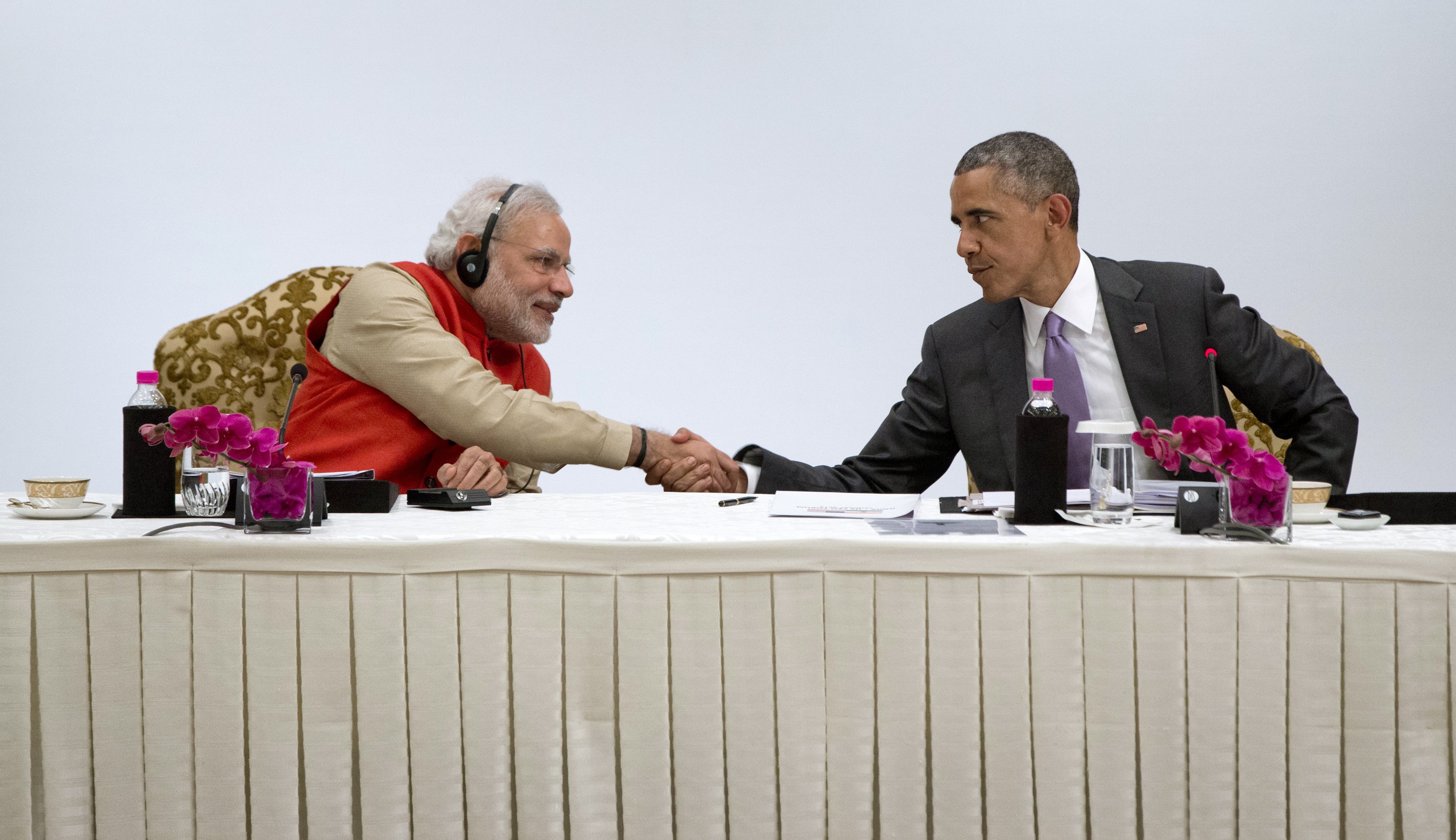 The U.S.-India climate change deal: President Obama is on a roll
The U.S.-India climate change deal: President Obama is on a rollThe Explainer Two cheers for the U.S.-India climate deal
-
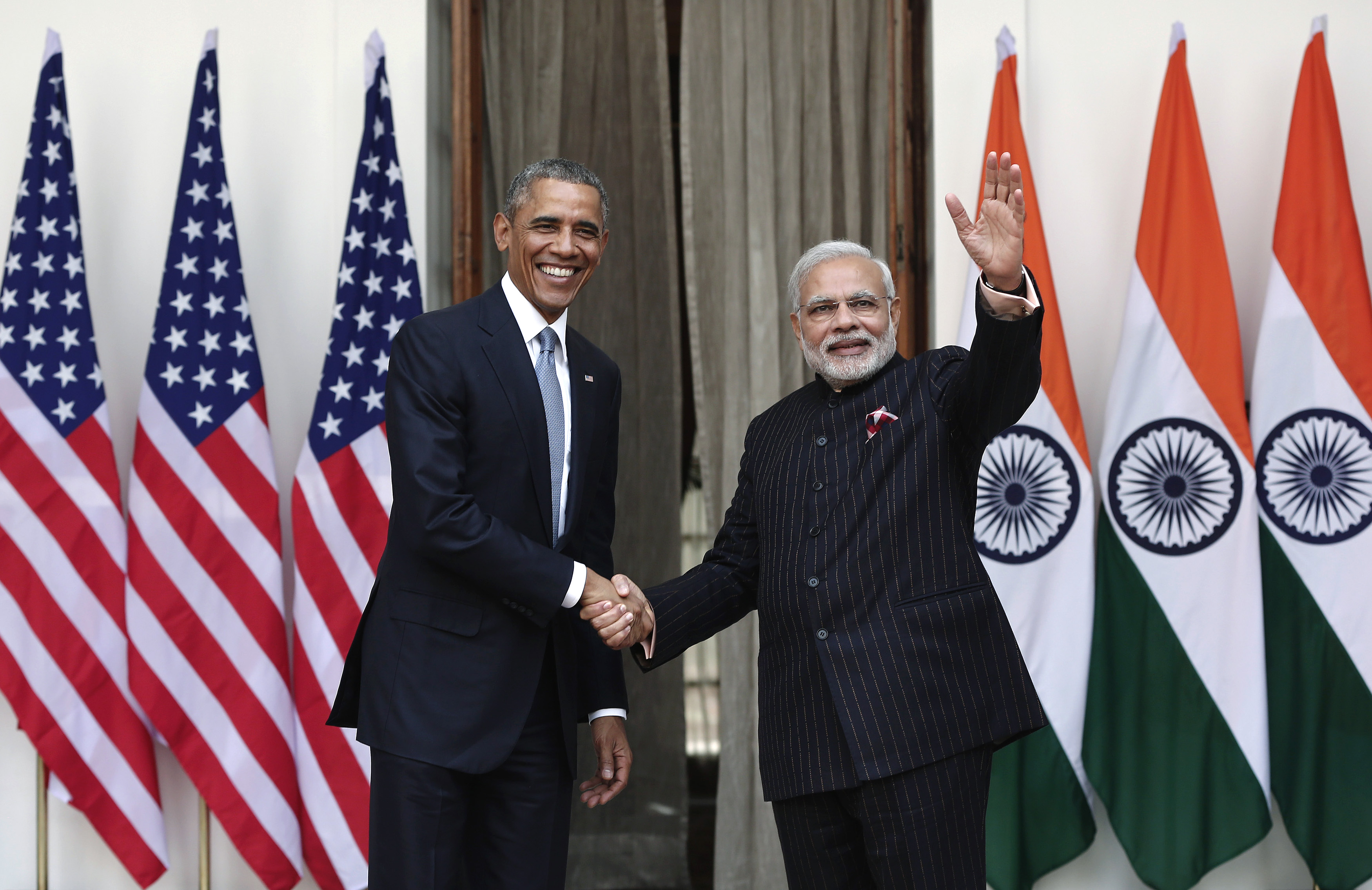 Obama won't be able to repeat his China climate change deal in India. Here's the next best thing.
Obama won't be able to repeat his China climate change deal in India. Here's the next best thing.The Explainer But here's the next best thing
